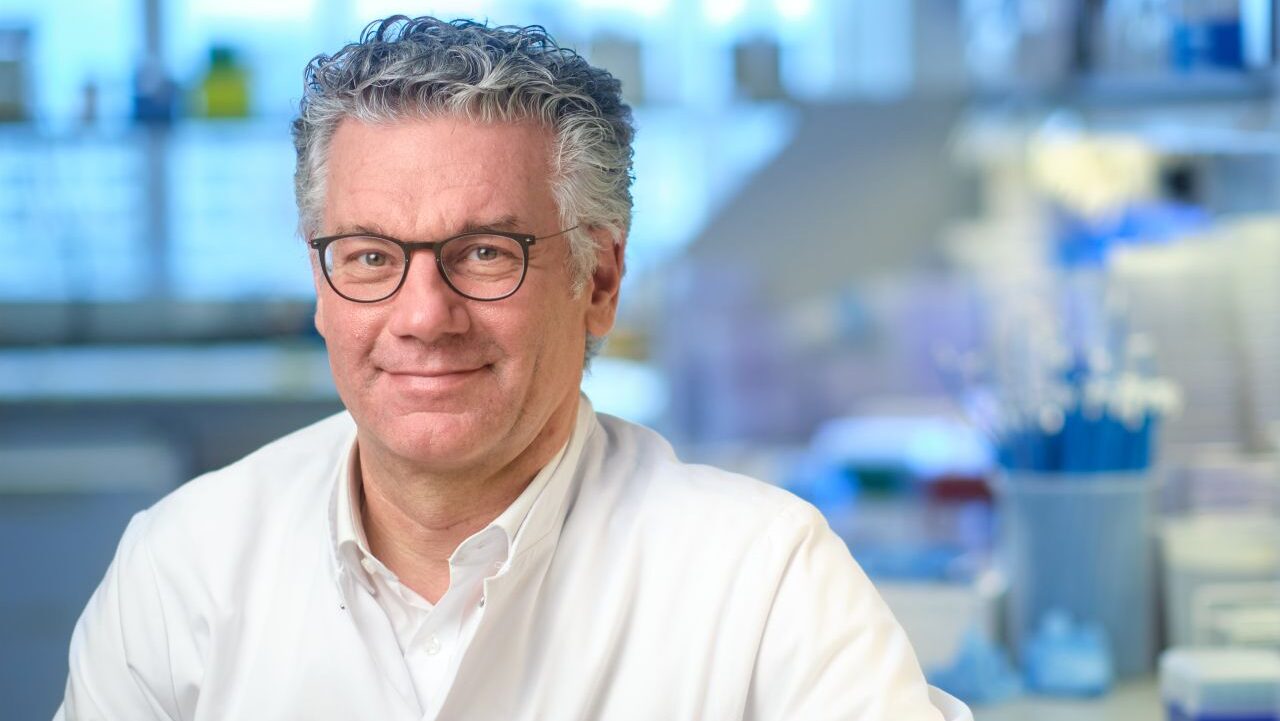Quoting The Netherlands Cancer Institute on LinkedIn:
“The NADINA study, led by researchers from the Netherlands Cancer Institute, was named one of the eleven clinical studies with the biggest impact on health care in 2024 by Nature Medicine.
The study now proves that this was not an empty claim, as shown by the results presented by medical oncologist and research leader Christian Blank later today during ASCO24, the international congress of the American Society of Clinical Oncology in Chicago. Fifty-nine percent of patients respond so well to this therapy that adjuvant treatment is no longer needed.
In the international investigator-initiated NADINA trial, 423 patients were randomized to two groups: the first group received two immunotherapy treatments with ipilimumab and nivolumab, followed by surgery. The second group received standard treatment involving surgery followed by 12 rounds of immunotherapy with nivolumab.
‘In 59% of patients who had received immunotherapy before surgery, the tumor was nearly entirely or completely gone, which meant that they did not require additional treatment.’ Even people who did not respond well to the therapy and had an unfavorable prognosis benefited from the therapy: they were able to start adjuvant treatment with immunotherapy or targeted therapy after surgery.
The effects of the treatment become apparent quickly. After one year, almost 84% of patients who had received neoadjuvant treatment were still tumor-free, compared to 57% of the group receiving standard treatment. Blank: ‘Patients whose tumors were nearly entirely or completely gone, saw even better results; 95% remained tumor-free, after only six months of treatment.’ 76% of patients whose tumors were only partially gone were still tumor-free one year after the start of their treatment, compared to 57% of patients who did not respond well to neoadjuvant therapy.
These two patient groups received additional adjuvant treatment after their neoadjuvant treatment and surgery. In three years, the researchers expect to know whether this positive trend continues and could improve survivorship.
Besides a greater chance of tumor-free survival, most patients were able to cut down their treatment time to only six weeks. Blank: ‘Treatment is a lot cheaper – €16,000 instead of €68,000, which would free up about 30 to 40 million euros in the Netherlands, and could reach a billion euros worldwide.'”


